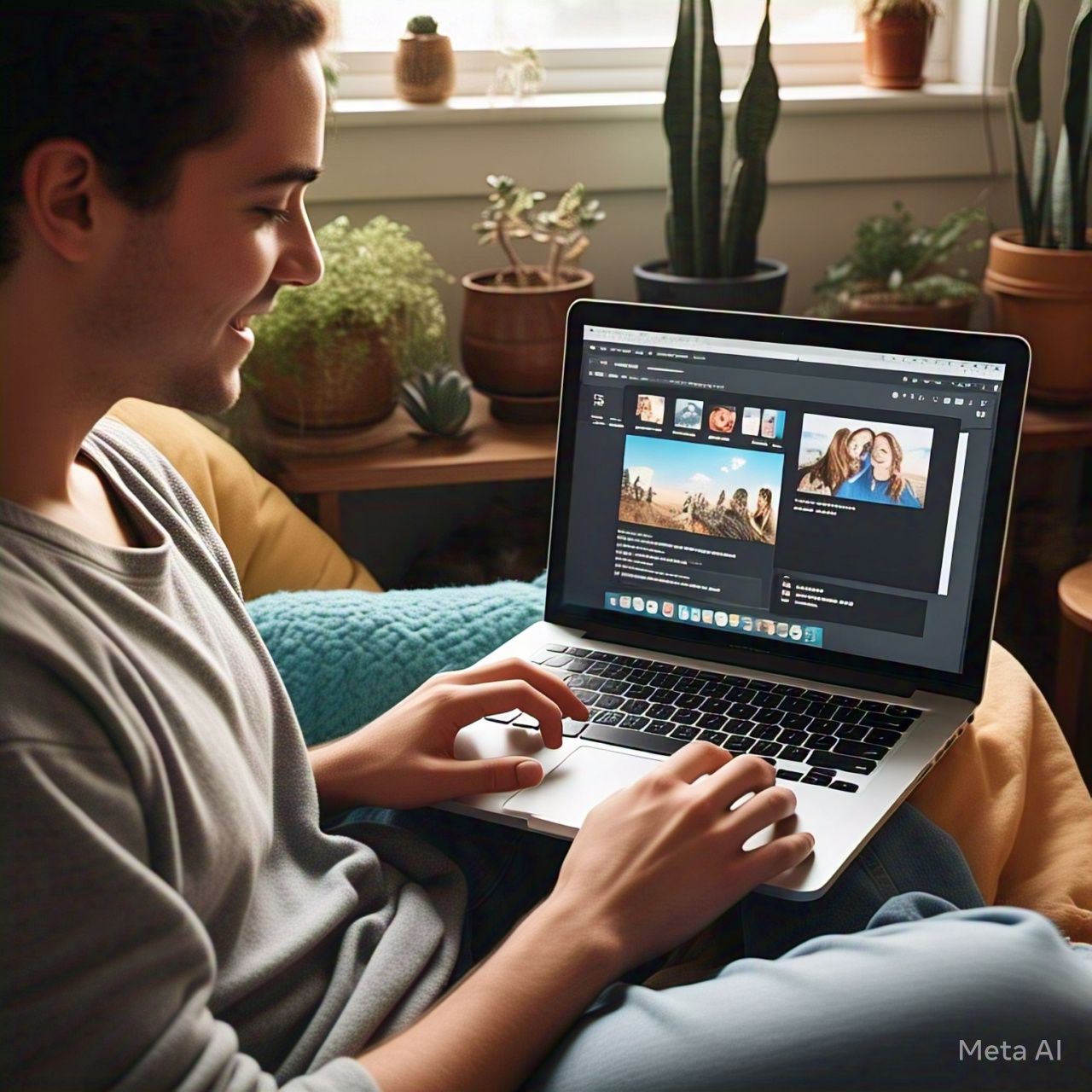Social media is a powerful tool. It connects people across the world, helps us learn new things, express ourselves, and even build careers. But if we’re not careful, it can also become a source of stress, anxiety, comparison, and emotional exhaustion.
The way you use social media directly affects your mental and emotional well-being — often more than you realize.
In this article, you’ll learn practical, simple strategies to help you stay mentally healthy while using social platforms — without needing to quit them completely.
Why Social Media Affects Mental Health
Social media platforms are designed to keep your attention, often by triggering emotional reactions. Over time, this can lead to:
- Comparison and low self-esteem
- Addiction to likes, comments, and validation
- Information overload and decision fatigue
- Disrupted sleep and concentration
- Increased anxiety and fear of missing out (FOMO)
When left unchecked, scrolling can feel like a habit — not a choice.
Signs You May Need a Social Media Reset
If you experience any of the following, it might be time to re-evaluate your social media use:
- You feel worse about yourself after scrolling
- You constantly compare your life to others’ highlight reels
- You feel anxious when you’re offline
- You check social media automatically, without meaning to
- You’re more distracted and less present in daily life
The good news? You don’t need to delete your accounts — just use them more mindfully.
1. Curate Your Feed With Intention
You are in control of what you see. Make sure your feed supports your well-being.
Try this:
- Unfollow or mute accounts that make you feel anxious, inadequate, or irritated
- Follow people who inspire, educate, or uplift you
- Diversify your feed with different voices and perspectives
- Audit your following list every month — keep it fresh and intentional
Ask yourself: Does this account add value to my life?
2. Set Time Limits That Work for You
Social media is most helpful in moderation. Most phones allow you to set app time limits — take advantage of this feature.
Start with:
- 30–60 minutes per day
- Specific time blocks (e.g. only after work or during lunch)
- No scrolling 1 hour before bed or right after waking up
Less screen time = more mental space.
3. Take Social Media Breaks (Guilt-Free)
It’s healthy to step away — for a few hours, days, or even weeks.
Signs you need a break:
- You’re constantly comparing yourself to others
- You feel burned out, overstimulated, or emotionally flat
- You’re using social media to escape or numb difficult emotions
Use break time to reconnect with real-life experiences: nature, reading, hobbies, conversations, rest.
4. Set Emotional Boundaries
Not everything you see or read deserves your emotional energy.
Practice:
- Not engaging with toxic content or comment sections
- Logging off after seeing upsetting news or drama
- Reminding yourself: “Not everything online is my responsibility.”
You don’t need to carry the weight of the entire internet.
5. Avoid the Comparison Trap
Social media often shows highlight reels, not real life. Behind the perfect photos and polished captions, everyone faces struggles.
To protect your peace:
- Limit time on platforms that trigger comparison
- Reflect on what you’re grateful for in your real life
- Celebrate your own progress, not someone else’s version of success
Remember: Your worth isn’t measured by followers, filters, or likes.
6. Be Mindful of Your Posting Habits
Why do you post? For creativity? To share joy? Or to seek approval?
Before posting, ask yourself:
- Am I sharing from a place of connection — or for validation?
- Would I still post this if no one “liked” it?
- Am I being honest, or just trying to impress?
Authenticity supports mental health — for you and your audience.
7. Use Social Media to Nourish Your Mind
Social media doesn’t have to be toxic — it can also be a space for learning, creativity, and meaningful connection.
Try:
- Following accounts that share mental health tips, wellness advice, or calming content
- Engaging in supportive communities and positive conversations
- Sharing your real experiences — with boundaries
- Using apps that encourage reflection and gratitude
Make social media work for you, not against you.
Final Thoughts: Your Mental Health Comes First — Always
Social media is a tool — not your identity.
You don’t owe anyone constant access to your time, energy, or emotions.
Use your phone with intention, not impulse.
Choose presence over pressure.
And above all, protect your peace.
Because your mind deserves just as much care as your feed.
